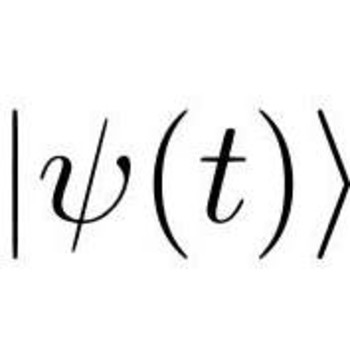The specific heat of ice is 0.492 cal/(g × °C). How many calories of heat are required to raise 100.0 g of ice from -20.0 °C to -0.5 °C?
2 Answers
Well, your ice DOES NOT undergo a phase change....
Explanation:
And so we simply take the product...
Explanation:
We use the specific heat equation, which states that,
where:
#q# is the heat energy supplied in joules
#m# is the mass of the substance in kilograms
#c# is the specific heat capacity of the object in joules
#DeltaT# is the change in temperature
Here,
So, we get:


